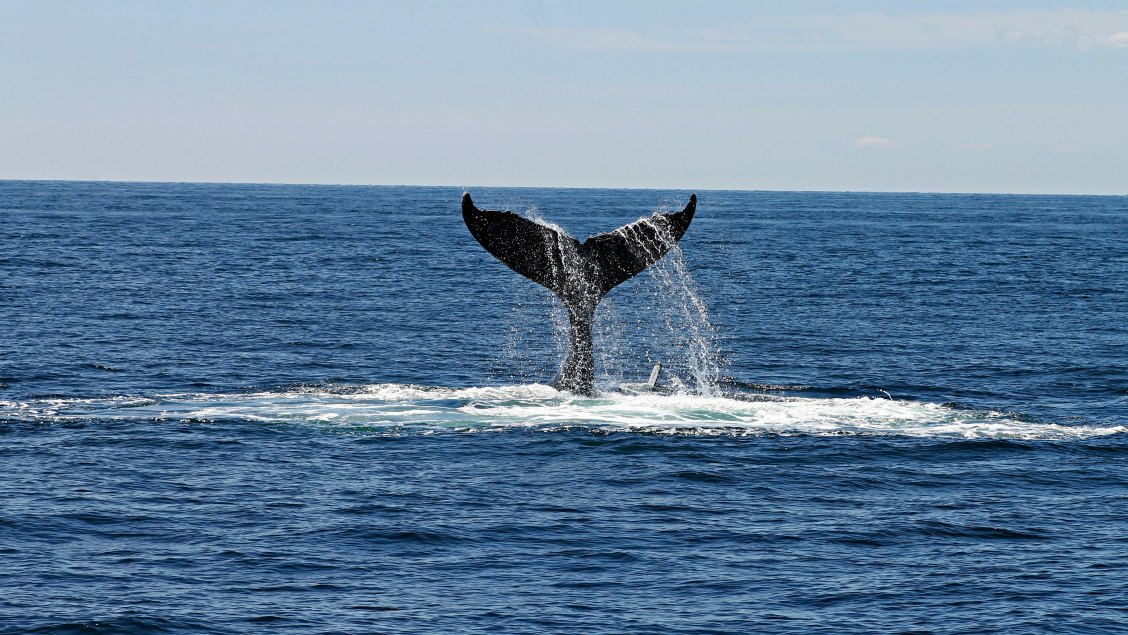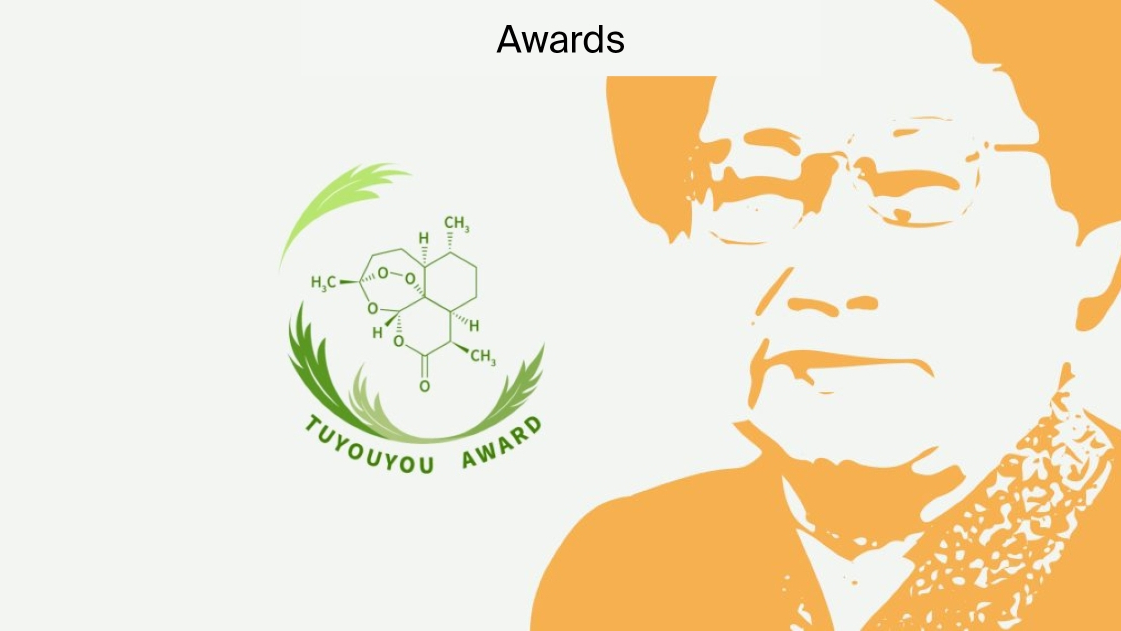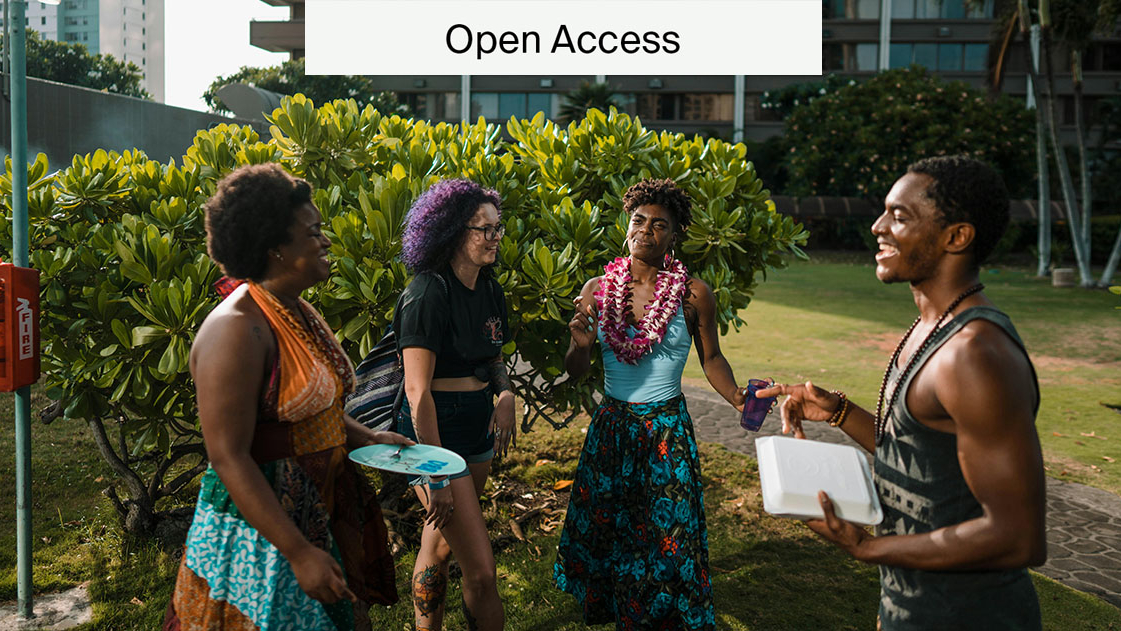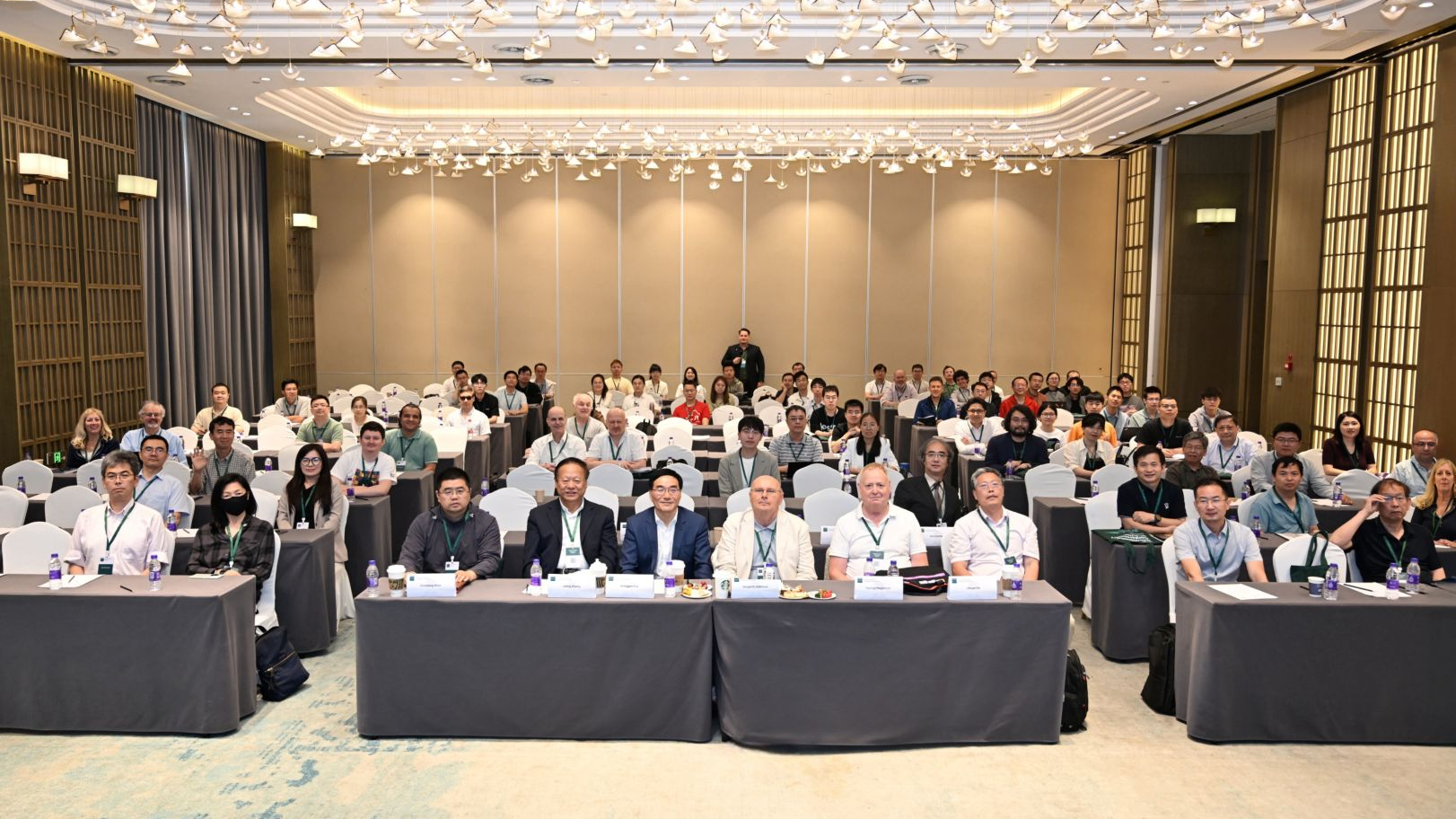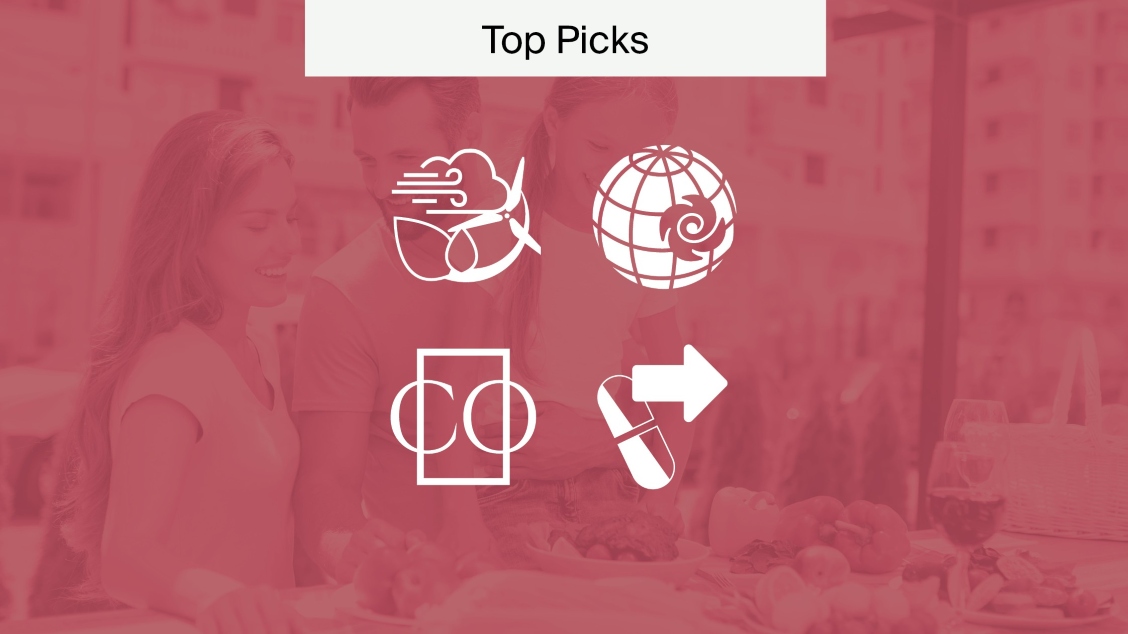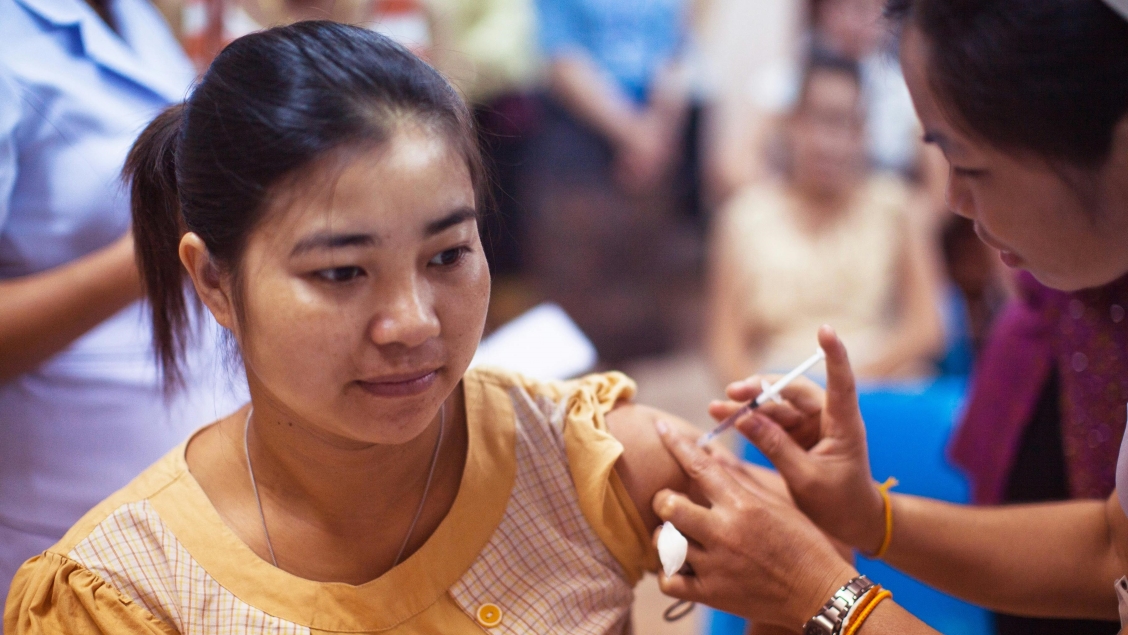
The Importance of Vaccine Equity for World Immunization Week
The onset of the COVID-19 pandemic has highlighted that viruses can impact all populations, regardless of age, country, race, or economic status. For this year’s World Immunization Week, the campaign focuses on promoting awareness of the importance of vaccines and their efficacy. It also looks at ways to ensure that all populations, regardless of background, are given access to vaccination programs and get the protection they need.
For World Immunization Week, this article will define and explore the concept of vaccine equity and the challenges of obtaining this in developing countries around the world.
What is vaccine equity?
The United Nations describes vaccine equity as the need for vaccines to be ‘allocated across all countries, based on needs and regardless of their economic status’. They further explain that vaccine distribution is often based on the political and economic status of countries. Therefore, challenging this is vital to ensure that populations are not at a disadvantage when it comes to such a crucial public health matter as disease prevention.
Achieving vaccine equity is most important in low- and middle-income countries. Populations within these areas are most often at a disadvantage and are unable to get the protection they need against deadly viruses.
The financial struggle to vaccinate against COVID-19
Vaccinations present a significant financial burden. Countries with poor economic landscapes struggle to efficiently vaccinate their population due to these rising costs. One hundred and twenty-seven countries have not yet reached their target of vaccinating 70% of their population. The cost of vaccination programs is high, with over USD 17.9 billion required to vaccinate over 70% of the population in the 127 low‒middle-income countries.
This presents immense pressure to ensure that there are policies and frameworks in place to mobilize funds for vaccination programs.
The COVAX program
During the pandemic, UNICF, the World Health Organisation (WHO), Gavi, Vaccine Alliance and the Coalition for Epidemic Preparedness Innovation (CEPI) was involved in an initiative called COVAX, which aimed to ensure vaccine equity in low‒middle-income countries across the globe. The initiative worked to ensure that all countries would be vaccinated as quickly and effectively as possible. This involved creating policy, politically engaging with government bodies, and considerable strategizing and implementing efforts to coordinate rapid vaccine delivery.
However, the initiative ended in December 2023 and was deemed ‘overly ambitious’, as it did not reach the intended goals. This was due to several reasons, including COVAX’s framework that entailed wealthier countries providing aid to poorer countries. Hence, vaccinations relied on the ‘willingness’ of these wealthier countries to provide the support that was urgently needed. Furthermore, supply issues were a large problem and an integral flaw in the program as the number of vaccines required was severely underestimated.
Intellectual property and vaccines
Several other initiatives were launched at the time of the COVID-19 pandemic, but in the same vein as the failure of COVAX, did not achieve the intended results. An opinion piece published in Vaccines explores the limitations of these initiatives.
Along with a flawed financial framework, they discuss other points such as vaccine patents and intellectual property (IP) rights, which were temporarily restricted in the USA to help maximize vaccine development. However, other countries did not implement these rules. The authors state that many countries and authors believe that withdrawing IP rights presents a significant deterrent for pharmaceutical industry research and development on vaccines, and hence withdrawing the rights is not beneficial.
The TRIPS agreement
Although the issues surrounding intellectual property and vaccines have no easy fix, efforts have been put toward ensuring that vaccines can be developed in the places that need them the most. The TRIPS agreement is an example of this. This is an agreement established by the World Trade Organisation and signed in 1994, which allows the availability of patents in all fields of technology, and hence, vaccines to be manufactured without permission from the vaccine patent owner.
However, during the COVID-19 pandemic, this agreement was not fully implemented, as many developing countries were still unable to access IP rights for vaccines in time. The article summarises that the TRIPS agreement should ‘provide explicit rules in times of pandemics’, specifically for vaccines and medicines that are considered ‘global public goods’.
Future work to obtain vaccine equity
The equitable distribution of vaccines faces many hurdles. The involvement of political and pharmaceutical bodies is required to work together with global organizations such as the WHO to bring about such change. Frameworks to mobilize health funds for developing countries lie at the core of the issue, as well as policies surrounding IP rights for manufacturing vaccines.
Continuous research is carried out to analyse vaccination trends across the globe. Importantly, this includes an extensive analysis of why vaccine equity has not yet been achieved in countries that need it the most, especially in urgent times such as the virus pandemics.
If you are interested in reading more about vaccine equity, MDPI’s Vaccines publishes research on clinical vaccine research, immunization, and research on global health-related issues concerning vaccines, with all articles being free to access immediately.




